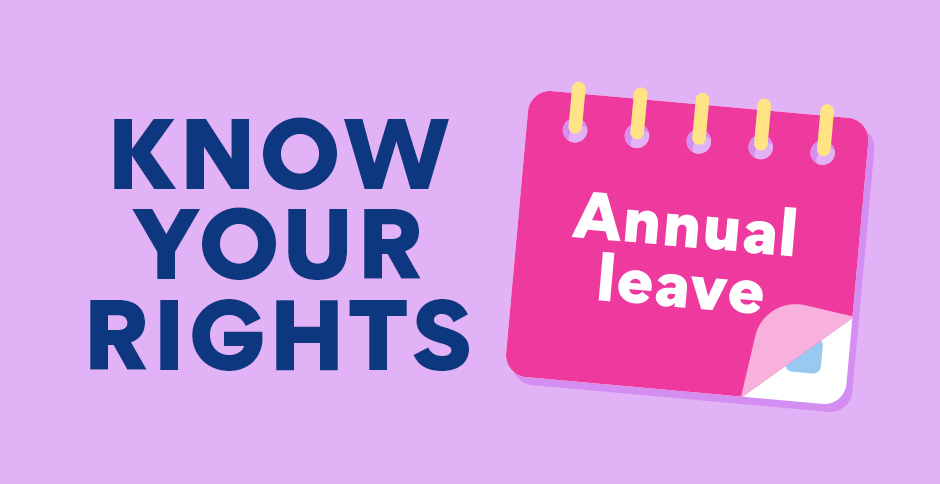We’ve all sat in a meeting where nothing is achieved or experienced the embarrassment of being asked a straight forward question and having no response. Taking the time to properly prepare before a meeting means making the most of everyone’s time (and when it comes to work, time is money.) Being prepared for a meeting also ensures you come across as a professional and someone who is focused on getting the best outcome for the team/organisation.
Conversely, being ill-prepared can mean you come across as unprofessional and disorganised, neither of which are qualities that most people wish to be known for, says Leah Lambert, Career Consultant, Relaunch Me. “Coming in with no preparation is likely to annoy employees who are very task-focused and work best in an efficient environment. These employees may fail to attend future meetings if they feel that their time is being wasted, or they won’t take them seriously,” she says.
Avoid embarrassment by asking these five questions before your next meeting:
- What is the objective/s of this meeting?
“A common complaint I hear is the amount of time wasted going to meetings where nothing of consequence is achieved. Often it comes down to no clear objective for holding the meeting in the first place,” says Lambart.
If you are not sure what the objective of the meeting is (a good perusal of the agenda can often shed light), or ask the person organising the meeting, and don’t be afraid to delve deeper with them if it’s still unclear.
- Why have I been asked to attend and what value will I be expected to add?
This will give you a good idea of what you need to bring along to be a productive attendee and help identify if you should be there. “Being invited to a meeting doesn’t necessarily mean you should attend,” says Robert Sheppard, director at Raw HR.
“By understanding why you’ve been asked along, you can better understand if your attendance is adding value to the meeting.” Perhaps you have facts or insights that you bring along that would be beneficial, or perhaps you simply need to be there to be kept across the developments of something. Both are good reasons to attend a meeting, but it’s better to know upfront so that you aren’t caught unawares.
- What should I read or prepare before the meeting – and what am I likely to be asked?
As well as being able to bring along the information you’ll need, Lambert says those who like to process information before speaking out in a group will feel far more confident and readier to answer with well thought out responses that add more to the meeting.
“It’ll also help you identify any potentially tricky questions that you need to do further research on ahead of time or gather answers from others on behalf of your organisation – which means not having to come back to the group after the meeting, and potentially holding up some parts of the project until you’ve gathered it” says Shepperd.
- Who else is attending?
This influences the level and type of information you bring, says Shepperd. “For example, some will like very detailed numbers, while others work well with infographics or prefer summaries,” he says. For example, an accountant is more than likely expecting the detail, while a busy project director will want the key points or messages and want this easily conveyed to them. And then again – you may need both.
- What are the outcomes I want from the meeting?
This saves you the embarrassment of getting back from the meeting, only to realise you still have a host of unanswered questions, or you’ve failed to get your objectives onto the project priority list. Jot down your key outcomes and ensure you’ve checked them off before they call “meeting adjourned”!



